
Shih Tzus are known for their charming personalities and luxurious coats. However, maintaining their health and appearance requires more than just regular grooming; it starts with proper nutrition. In this comprehensive guide, we’ll explore the best foods and nutrition tips to ensure your Shih Tzu remains a healthy and happy companion.
Understanding Your Shih Tzu’s Nutritional Needs

The Importance of a Balanced Diet
A balanced diet is crucial for your Shih Tzu’s overall health. A well-rounded diet should include the right proportions of proteins, fats, carbohydrates, vitamins, and minerals. Each of these components plays a vital role in maintaining your dog’s health, supporting everything from muscle growth and energy levels to immune function and coat health.
Caloric Requirements

Shih Tzus, being small dogs, have specific caloric needs. Overfeeding can lead to obesity, while underfeeding can cause malnutrition. Determining the right amount of food involves considering your Shih Tzu’s age, weight, activity level, and metabolism. Generally, an adult Shih Tzu needs about 250 to 300 calories per day. However, this can vary, so it’s essential to monitor your dog’s weight and adjust portions accordingly.
Proteins: The Building Blocks

Proteins are the foundation of your Shih Tzu’s diet. They are essential for muscle development, tissue repair, and overall growth. High-quality protein sources include chicken, beef, lamb, fish, and turkey. Ensure the dog food you choose lists a specific meat as the first ingredient to guarantee adequate protein intake.
Fats: Energy and Nutrient Absorption
Fats are a vital energy source and aid in the absorption of fat-soluble vitamins. Healthy fats, such as omega-3 and omega-6 fatty acids, also contribute to a shiny coat and healthy skin. Look for dog foods that include sources of healthy fats like fish oil, flaxseed, and chicken fat.

Carbohydrates: Fuel for Energy
Carbohydrates provide the necessary energy for your Shih Tzu’s daily activities. They should come from high-quality sources like sweet potatoes, brown rice, and oatmeal. Complex carbohydrates are preferred over simple ones, as they offer sustained energy release and are less likely to cause blood sugar spikes.
Vitamins and Minerals: Essential Micronutrients
Vitamins and minerals are crucial for various bodily functions, including bone health, immune support, and cellular function. Ensure your Shih Tzu’s diet includes a variety of fruits and vegetables to provide these essential micronutrients. Carrots, blueberries, and spinach are excellent additions to their diet.
Best Food Options for Shih Tzus
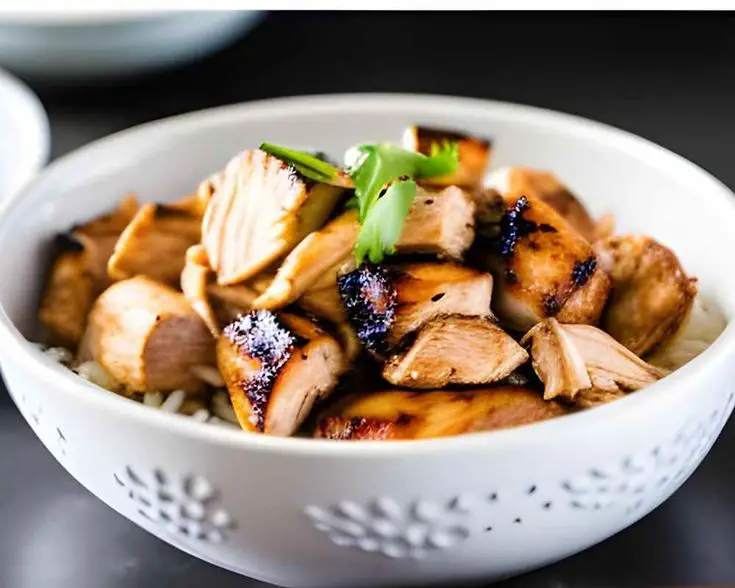
Commercial Dog Food
Commercial dog food is a convenient option for many pet owners. However, not all dog foods are created equal. Choosing high-quality commercial dog food involves checking the ingredient list and nutritional information. Opt for brands that use whole meat as the primary ingredient and avoid those with fillers, artificial preservatives, and by-products.
Dry Kibble
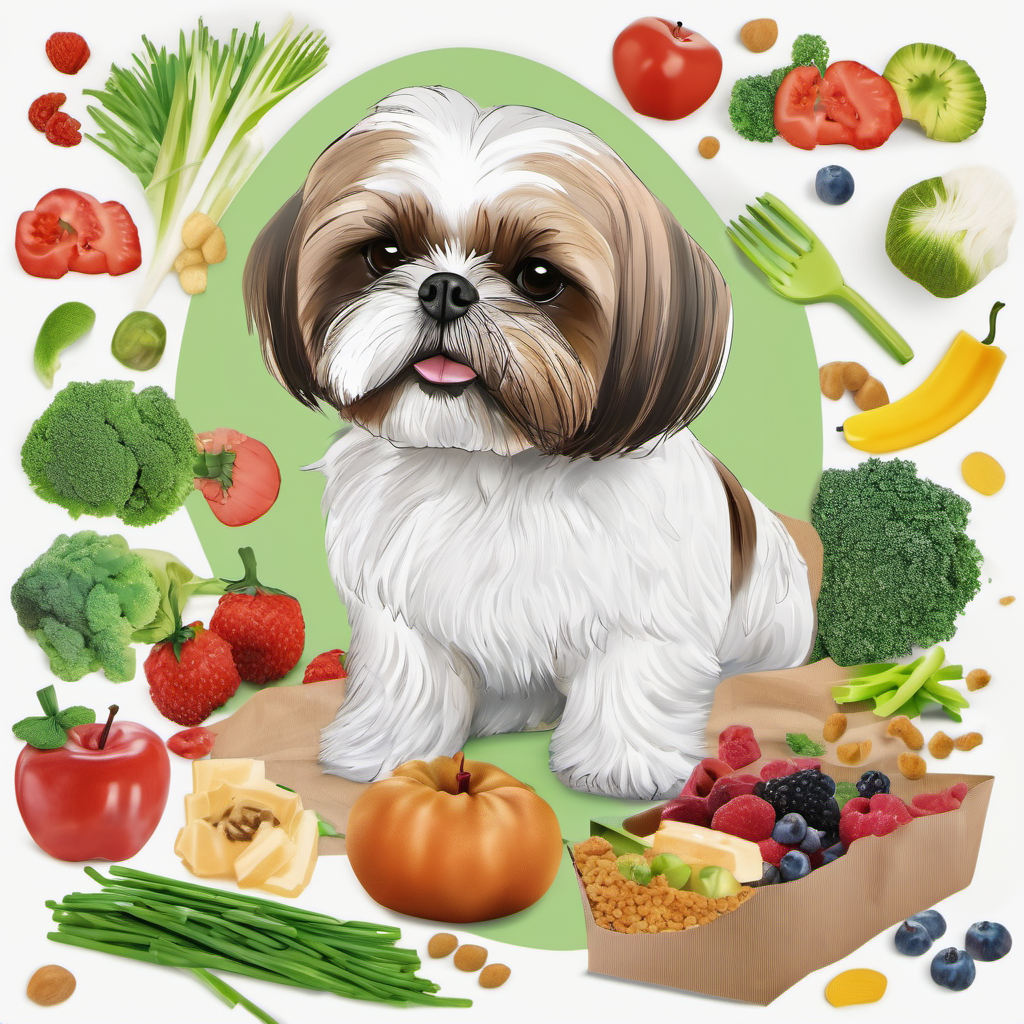
Dry kibble is a popular choice for its convenience and dental benefits. High-quality kibble helps keep your Shih Tzu’s teeth clean and gums healthy. Look for kibble that is specifically formulated for small breeds, ensuring the size and texture are suitable for your Shih Tzu’s smaller mouth.
Wet Food
Wet food is another excellent option, especially for Shih Tzus who may have dental issues or prefer a softer texture. Canned food often contains higher moisture content, which can be beneficial for hydration. Ensure the wet food you choose has high-quality ingredients and meets the nutritional requirements of your Shih Tzu.
Homemade Diet

A homemade diet allows you to have complete control over your Shih Tzu’s nutrition. Cooking for your dog can ensure they receive fresh, whole foods without preservatives. However, it’s crucial to consult with a veterinarian or a pet nutritionist to ensure the diet is balanced and meets all their nutritional needs.
Raw Food Diet
The raw food diet, also known as BARF (Biologically Appropriate Raw Food), includes raw meat, bones, fruits, and vegetables. Proponents believe it mimics the natural diet of wild dogs. Feeding a raw diet can be beneficial, but it requires careful planning and handling to avoid nutritional imbalances and foodborne illnesses. Always consult with a vet before transitioning to a raw diet.
Special Dietary Considerations
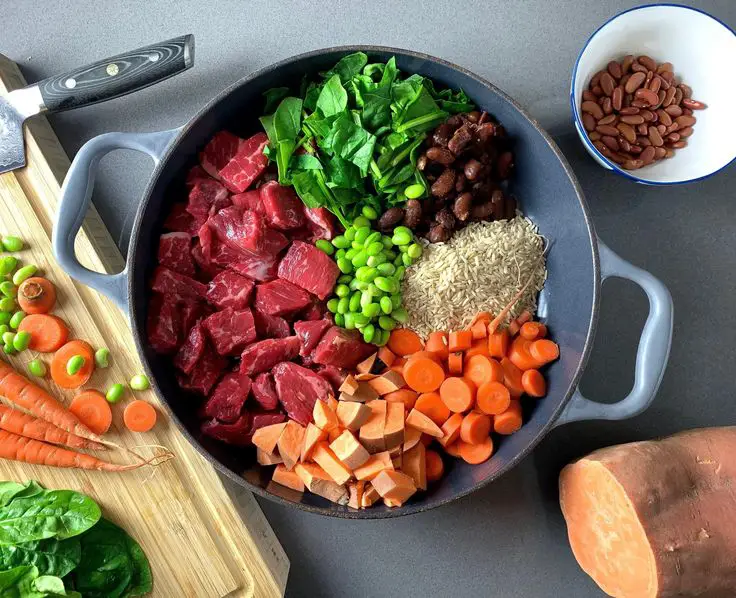
Puppies
Puppies have different nutritional needs compared to adult dogs. Puppy food is formulated to support growth and development, providing higher levels of protein, fat, and calories. Feed your Shih Tzu puppy small, frequent meals to support their rapid growth and ensure they receive adequate nutrients.
Seniors
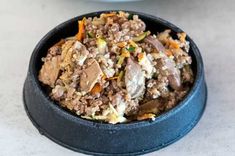
As Shih Tzus age, their metabolism slows down, and their nutritional needs change. Senior dog food is designed to support joint health, maintain a healthy weight, and provide essential nutrients. Look for foods with added glucosamine and chondroitin to support joint health and mobility.
Allergies and Sensitivities
Some Shih Tzus may develop food allergies or sensitivities, which can manifest as skin issues, digestive problems, or behavioral changes. Identifying and eliminating allergens from their diet is crucial. Common allergens include grains, chicken, beef, and dairy. Consider an elimination diet or hypoallergenic dog food if your Shih Tzu shows signs of allergies.

Weight Management
Maintaining a healthy weight is essential for your Shih Tzu’s overall health. Obesity can lead to various health issues, including joint problems, diabetes, and heart disease. Weight management dog food is lower in calories and higher in fiber to help your Shih Tzu feel full while reducing their caloric intake. Regular exercise and portion control are also key components of weight management.
Feeding Tips for a Healthy Shih Tzu

Establishing a Feeding Schedule
Consistency is vital when it comes to feeding your Shih Tzu. Establish a regular feeding schedule with set meal times to help regulate their digestion and metabolism. Most Shih Tzus do well with two meals a day—one in the morning and one in the evening.
Avoiding Overfeeding

Overfeeding can lead to obesity and associated health problems. Measure your Shih Tzu’s food portions and avoid free-feeding (leaving food out all day). Use a measuring cup to ensure you’re providing the correct amount of food based on their caloric needs.
Monitoring Weight and Health
Regularly monitor your Shih Tzu’s weight and body condition. Adjust their diet as needed to maintain a healthy weight. If you notice any changes in their weight, appetite, or behavior, consult with your veterinarian to rule out any underlying health issues.

Hydration
Proper hydration is crucial for your Shih Tzu’s health. Ensure fresh water is always available and encourage your dog to drink regularly. Wet food can also help with hydration, especially for dogs who may not drink enough water on their own.
Treats and Snacks
Treats are a great way to reward and bond with your Shih Tzu, but they should be given in moderation. Choose healthy, low-calorie treats and incorporate them into their daily caloric intake to avoid overfeeding. Avoid giving your dog human foods that can be harmful, such as chocolate, grapes, and onions.
Common Feeding Mistakes to Avoid

Feeding Table Scraps
While it may be tempting to share your food with your Shih Tzu, feeding table scraps can lead to obesity and digestive issues. Human food often contains ingredients that are harmful to dogs, such as spices, salt, and sugar. Stick to dog-specific treats and foods.
Ignoring Portion Control

Overfeeding is a common mistake that can lead to obesity. Follow feeding guidelines provided by the dog food manufacturer and adjust portions based on your dog’s activity level and weight. Use a measuring cup to ensure accurate portion sizes.
Lack of Variety
Feeding your Shih Tzu the same food every day can lead to nutritional imbalances. Incorporate a variety of high-quality foods to ensure they receive a balanced diet. Rotating protein sources and adding fresh fruits and vegetables can provide additional nutrients and prevent food boredom.
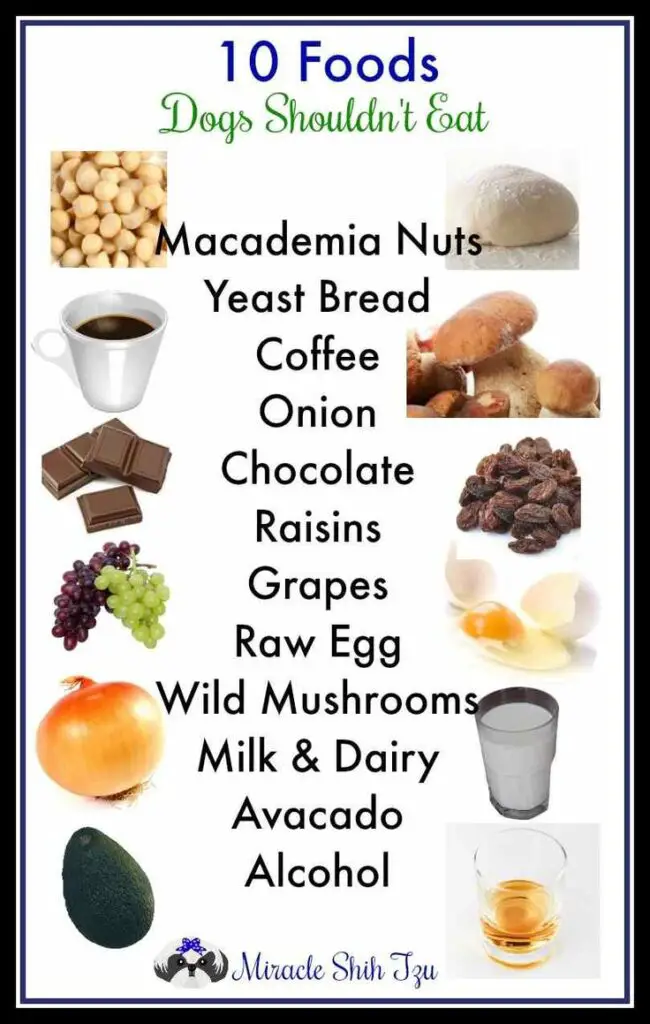
Not Monitoring Health
Failing to monitor your Shih Tzu’s health can lead to undetected issues. Regularly check their weight, coat condition, and energy levels. Any sudden changes should prompt a visit to the veterinarian to rule out underlying health problems.
Conclusion
Providing your Shih Tzu with a balanced and nutritious diet is fundamental to their health and happiness. Understanding their nutritional needs, choosing high-quality foods, and avoiding common feeding mistakes can help ensure your Shih Tzu lives a long, healthy life. Regular veterinary check-ups, proper hydration, and maintaining a healthy weight are also crucial components of overall well-being. By following these guidelines, you can provide your Shih Tzu with the best possible care and enjoy many happy, healthy years together.
Ensuring your Shih Tzu receives the proper nutrition requires attention to detail and a commitment to their well-being. With the right approach, you can support their health, vitality, and happiness throughout their life.


